How did the pandemic impact your agency’s operational planning for both the short- and long-term future?
Darrell E. Johnson, CEO, Orange County Transportation Authority
Transit agency executives discuss the the COVID-19 pandemic's impact on their agency's operational planning for the short- and long-term.

Executives discuss the shifts in approach to operational planning due to the COVID-19 pandemic.
Photo: Unsplash
How did the pandemic impact your agency’s operational planning for both the short- and long-term future?
Darrell E. Johnson, CEO, Orange County Transportation Authority

It became abundantly clear during the pandemic that, although ridership fell by as much as 70%, thousands of people in Orange County never stopped relying on OC Bus to reach essential jobs and medical services. Right now, OCTA is focused on gradually, safely restoring bus service to meet immediate needs. Long-term, we launched a comprehensive OC bus restructuring study to reflect changes in demand, travel patterns, and funding, ensuring optimum efficiency for our future.
Noah S. Berger, Administrator, Merrimack Valley Regional Transit Authority

COVID-19 has radically transformed the paradigm for how transit promotes and markets itself. We can no longer rely on word of mouth, or wait for all of our once loyal riders to come back. We must be “in your face,” increase our visibility, and be present in the community. Just blending in is no longer viable — we must stand out so that all potential new riders see us and see how we can serve them.
Steve Bland, CEO, WeGo Public Transit
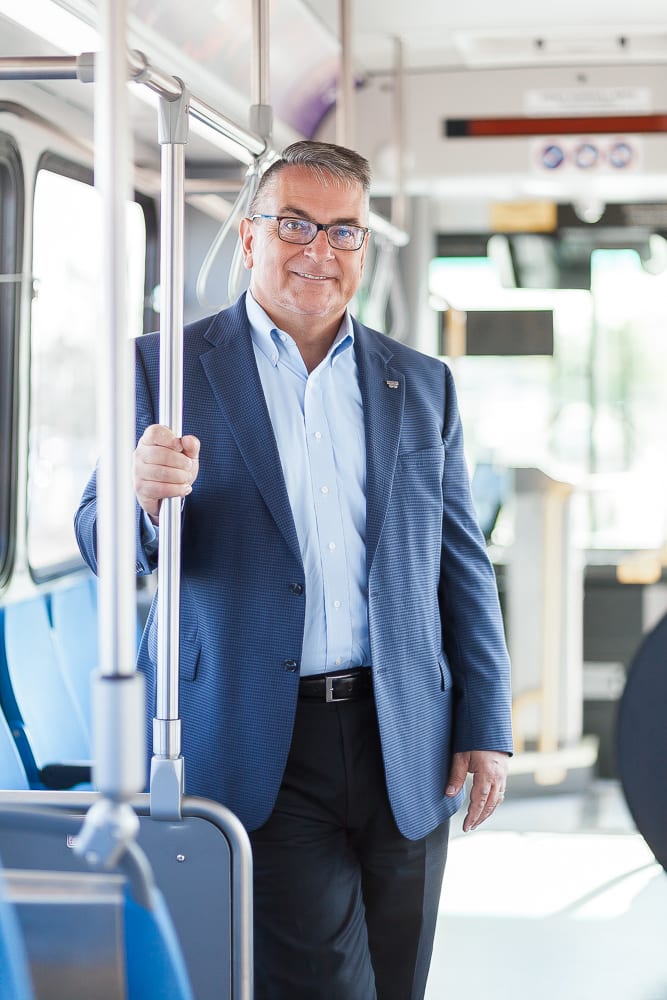
In the weeks immediately following the onset of the pandemic, we reduced service levels reflecting both significantly reduced ridership and the need to protect our most vulnerable employees. Over the past six months, we’ve extended service hours and improved off-peak frequency on our busiest routes. Longer term, we’ll continue to build up our ‘all-day/all-week’ network with planned service expansion in spring 2022, and will continue monitoring regional travel trends before restoring express services.
Jeffrey C. Arndt, President/CEO, VIA Metropolitan Transit

The pandemic provided the opportunity for VIA to build back better. In the short-term, our focus was on right-sizing our services. This meant strengthening our network by shifting resources to support frequency in corridors serving essential workers. We simultaneously accelerated long-term projects, including Mobility On Demand and Advanced Rapid Transit projects, to efficiently meet future needs.
Anthony Mortillaro, Executive Director, North Central Regional Transit District

At North Central Regional Transit District, our focus is on post pandemic efforts. Projects are focused on upgrading vehicle ventilation systems, boosting customer confidence, expanding ridership, and route efficiencies to draw choice riders. Our strategic plan includes operational improvements by constructing a new maintenance facility and expansion of our headquarters, relocation and construction of the Taos Operations and Maintenance center, and the move to zero-emissions buses have continued in earnest without missing a beat.
Debra A. Johnson, GM/CEO, Regional Transportation District

Our Reimagine RTD effort to develop a near-term System Optimization Plan and long-term Motility Plan for the Future was underway when COVID-19 reduced ridership and changed travel behavior. In the immediate term, we recognized that ridership on some routes serving Title-VI protected populations was not as significantly impacted as commuter routes to business centers. This new reality of essential travel and flexible work locations is the focus for our build-back. With constrained workforce resources, our challenge is to serve these needs to equitably bring back customers.

The region’s fixed-route system finished out the year with a total of 373.5 million rides. Adding 12.3 million rides over 2024 represents an increase that is equal to the annual transit ridership of Kansas City.
Read More →
The service is a flexible, reservation-based transit service designed to close the first- and last-mile gaps and connect riders to employment for just $5 per day.
Read More →
Parsons wins the $60M Claremont Extension design contract as the Foothill Gold Line board reaffirms leadership during a pivotal project phase.
Read More →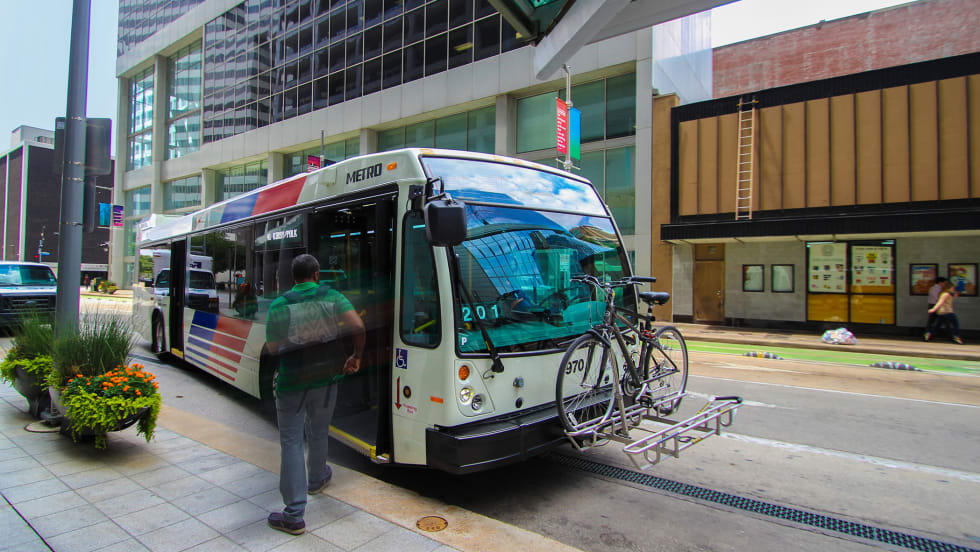
The upgraded system, which went live earlier this month, supports METRO’s METRONow vision to enhance the customer experience, improve service reliability, and strengthen long-term regional mobility.
Read More →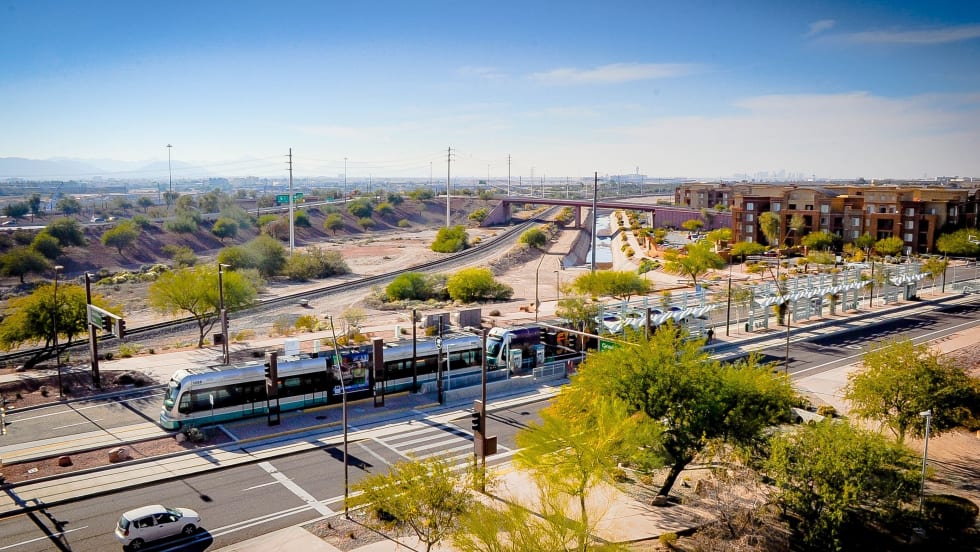
The agency ranked top five among mid-sized U.S. transit systems, defined as agencies with 15 million to 50 million annual trips.
Read More →
The new program rewards B2B audience readers for engaging with trusted content and suppliers, earning them points toward events, travel, and more.
Read More →
The subway system saw increases across all key metrics, with 62% of subway riders reporting they feel satisfied with the system overall.
Read More →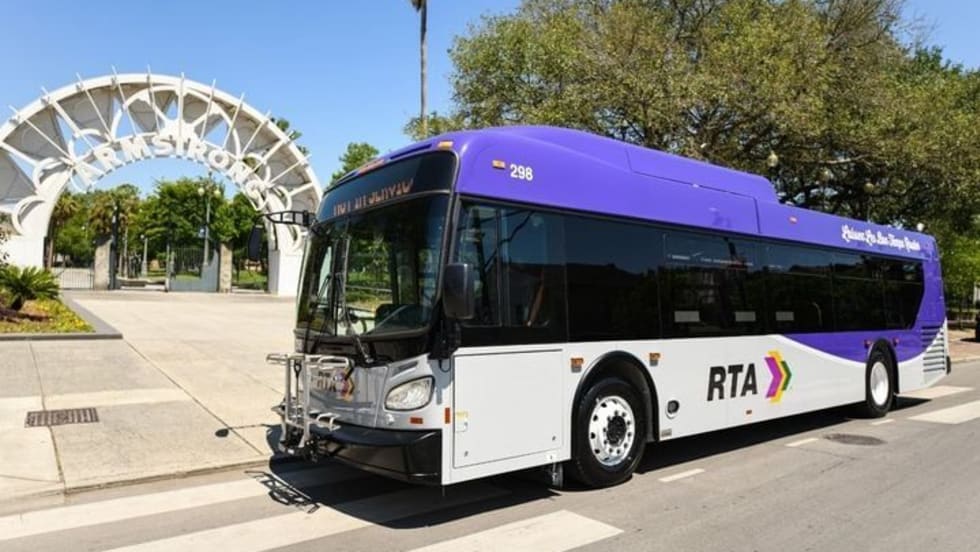
The agreement provides competitive wages and reflects strong labor-management collaboration, positive working relationships, and a shared commitment to building a world-class transit system for the community, said RTA CEO Lona Edwards Hankins.
Read More →
The new contract for Keolis and VRE will commence in July 2026, with the potential to expand to 15 years.
Read More →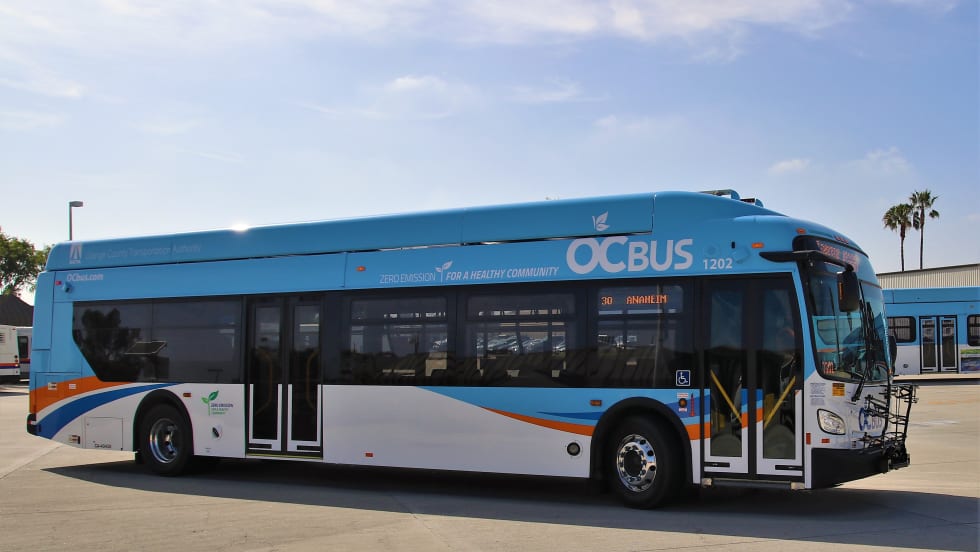
The priorities are outlined in the 2026 Board and CEO Initiatives and Action Plan, which serves as a roadmap to guide the agency’s work throughout the year and ensure continued progress and accountability on voter-approved transportation investments and essential mobility services.
Read More →